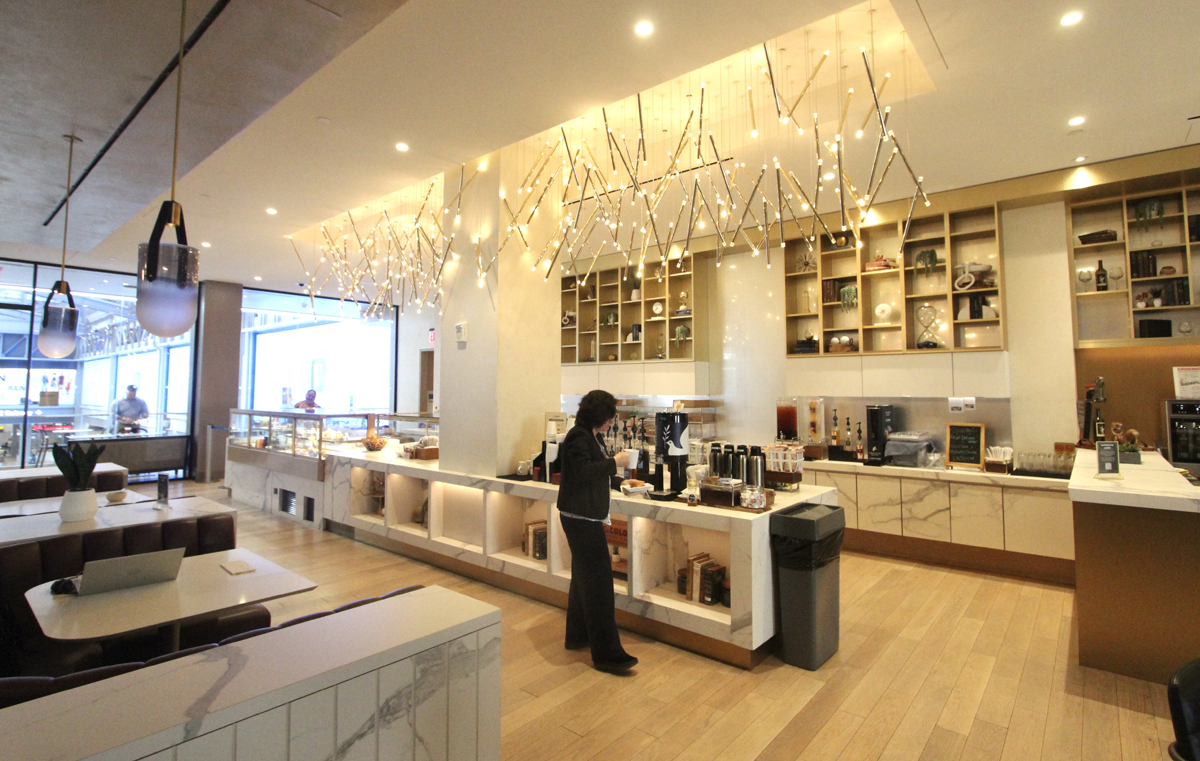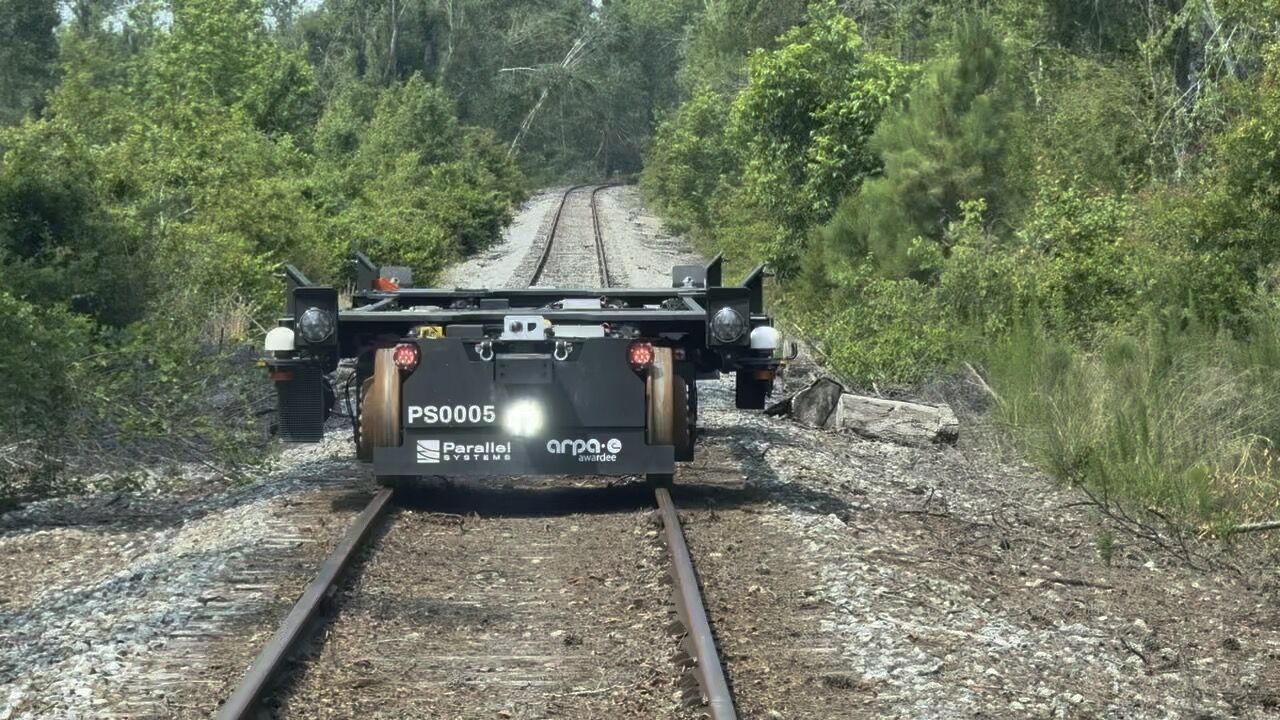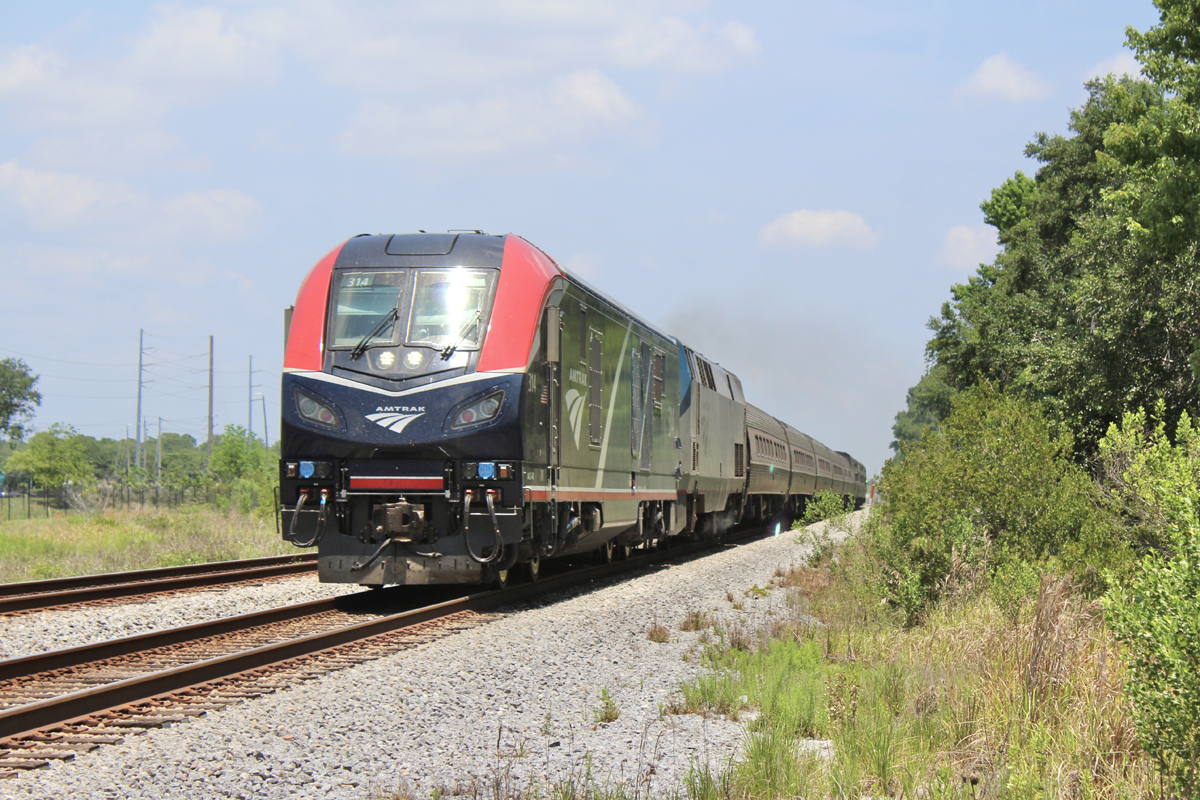The announcement by the commuter rail agency Wednesday came as officials outlined a program that includes a significant funding increase thanks to passage of an Illinois state bond program last spring.
Metra said it expects to receive about $215.5 million in each of the next five years from the sale of state bonds, and an additional $73.8 million a year from funding tied to a higher state fuel tax, for a total of $1.45 billion in new state money. That money will be added to $962 million in expected federal funding, $145.8 million in expected Regional Transportation Authority funding and $26 million in Metra fare revenue devoted to capital needs.
Of the $2.6 billion in the preliminary five-year capital program, Metra anticipates spending nearly half, $1.1 billion, for rolling stock, including traction motors, wheel replacement, and new and rehabilitated locomotives and coaches, according to Chief Financial Officer Thomas Farmer.
Other allocations include $332 million for tracks and structures; $241 million for signals and other electrical systems; $454 million for facilities and equipment; and $361 million for stations and parking.
Metra said the list of specific projects to be funded by the program is still being drafted and will be presented when the final capital program is proposed in October.
To head off a fare increase for the second year in a row, Farmer said Metra identified about $5 million in efficiencies to control or reduce its operating costs. In addition, Metra expects to save about $7 million by not filling vacancies and about $9 million by reducing overtime and other miscellaneous expenses.
Still, Metra expects its overall operating budget to increase by $5 million next year, from $822 million in 2019 to $827 million in 2020. Higher revenues from the regional transportation sales tax, which funds a little more than half of Metra’s operating budget, will cover that $5 million and no fare increase will be needed, Farmer said.
Metra anticipates a $26 million increase in operating expenses next year, including about $7 million in new operating expenses associated with positive train control and about $19 million in labor and various other operating expenses.
“We are happy to give our customers a double dose of good news this budget season,” Metra CEO/Executive Director Jim Derwinski said in a statement. “First, we have been able to keep our operating expenses in check and will not need to raise fares to cover higher operating costs. Second, thanks to (legislators in) Springfield stepping up, we do not need to raise fares for capital needs – in fact, we now have a significant infusion of capital dollars to help us begin to attack our backlog of capital work.”
Metra’s board of directors reacted positively to the capital plan but cautioned that the most urgent needs need to be prioritized carefully over the next month.
Director Steven Messerli said he hoped two years without a fare hike could stabilize and perhaps promote ridership.
Signals and switches, a major cause of delays, ought to be given primary consideration, said John Plante.
Ken Koehler remarked that the funds allocated for rolling stock were “exciting” but that he had a “real concern” about the amount earmarked for bridge repairs.














